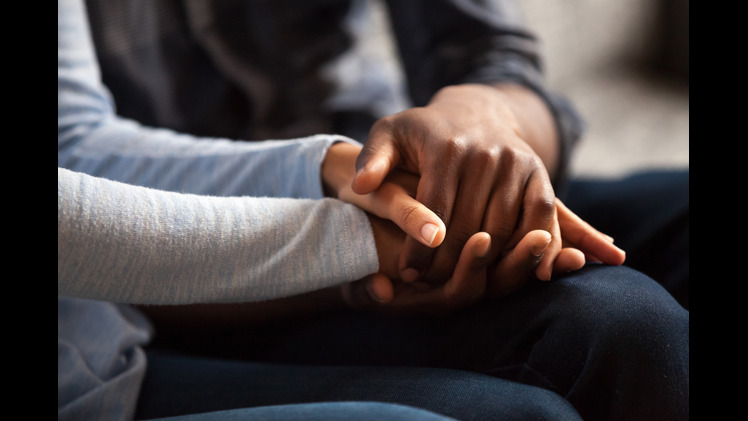In the intricate dance of love and relationships, particularly when one partner has a disability, the commitment to mutual care, understanding, and appreciation forms the bedrock of a fulfilling connection. Within the framework of equal affection, these values serve as guiding stars, illuminating the path toward a dynamic where both partners actively contribute to each other’s emotional well-being. This article delves into the complexities of navigating relationships with disabilities, highlighting the significance of inclusivity, communication, adaptability, and celebration of diversity.
Communication: The Foundation of Equal Affection
Effective communication is the cornerstone of any successful relationship, providing a conduit for partners to express their needs, desires, and concerns openly. In relationships where disabilities are present, communication assumes even greater importance, acting as a bridge for understanding and empathy. By fostering a culture of open dialogue and attentive listening, couples can cultivate deeper connections and navigate challenges with mutual support and understanding.
Support: Standing Together Through Life’s Challenges
True partnership extends beyond mere physical assistance; it encompasses emotional support, encouragement, and unwavering solidarity. Supporting a partner with a disability entails being present through life’s triumphs and tribulations, offering not just a helping hand but also a compassionate heart. It involves creating a safe and nurturing environment where both partners feel valued, respected, and cherished for their unique contributions to the relationship.
Adaptability: Embracing Change and Growth
Life is characterized by its fluidity, and relationships evolve over time. Embracing adaptability allows couples to navigate transitions and challenges with resilience and grace. Whether adjusting to new routines, exploring alternative solutions, or seeking out accessible opportunities, adaptability fosters a spirit of collaboration and innovation within the relationship. It is the willingness to grow and evolve together, embracing change as an opportunity for mutual growth and deeper connection.
Inclusive Design: Creating Spaces for Equal Participation
Inclusive design and accessibility play pivotal roles in creating environments where equal affection can flourish. From barrier-free spaces to assistive technologies like a power chair, removing physical obstacles is essential for promoting independence and fostering a sense of belonging. By prioritizing inclusivity, couples ensure that both partners have equitable access to opportunities, experiences, and shared moments of joy, thus nurturing a relationship grounded in equality and mutual respect.
Celebrating Diversity: Honoring the Unique Bonds of Every Relationship
Each relationship is a tapestry woven from the unique threads of shared experiences, memories, and moments of connection. Celebrating diversity means embracing the richness of each partner’s identity, background, and abilities. It involves recognizing that love transcends labels and limitations, encompassing the beauty of human connection in all its myriad forms. By celebrating the uniqueness of their bond, couples affirm the inherent worth of every individual and deepen their appreciation for the richness of their shared journey.
Promoting Empathy: Cultivating Understanding and Compassion
Empathy is the cornerstone of equal affection, enabling partners to understand and support each other’s needs with compassion. It involves actively listening, putting oneself in the other’s shoes, and offering validation and understanding without judgment. Cultivating empathy fosters deeper connections and strengthens the bond between partners, creating a relationship built on mutual care and understanding.
Conclusion:
In the intricate mosaic of love, equal affection serves as the guiding principle, illuminating the path toward a relationship characterized by empathy, resilience, and unwavering devotion. By prioritizing communication, support, adaptability, inclusivity, and empathy, couples can navigate the complexities of relationships with disabilities with grace and compassion. Together, they forge a path guided by mutual care, understanding, and appreciation, celebrating the inherent worth of every individual along the way.
Through shared experiences and mutual understanding, love blossoms, transcending barriers and embracing the beauty of equal affection.
Visit here at blogproject.co.uk to read the best articles for Entertainment, Business, Health, Lifestyle, Tech, and Sports.

